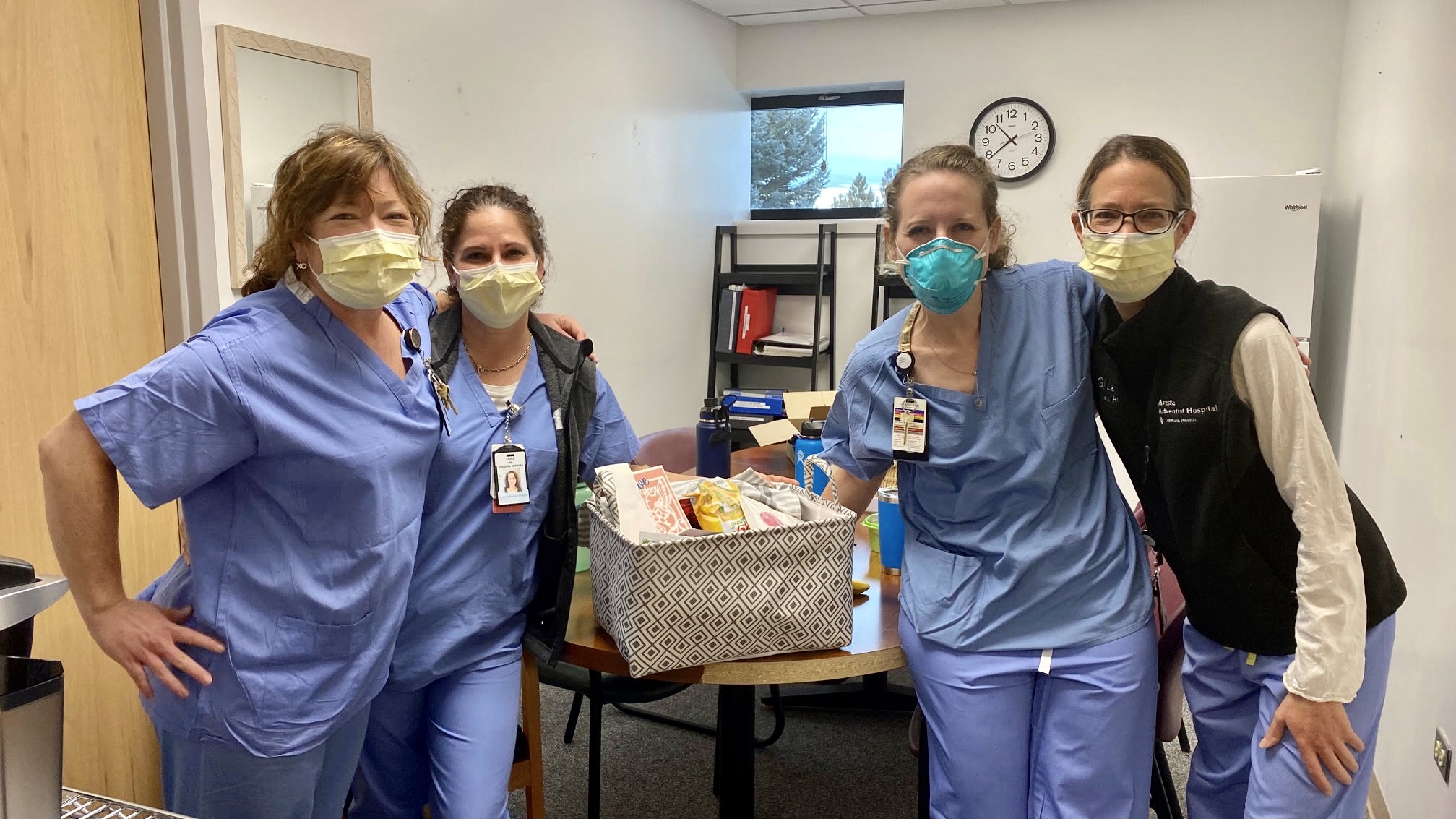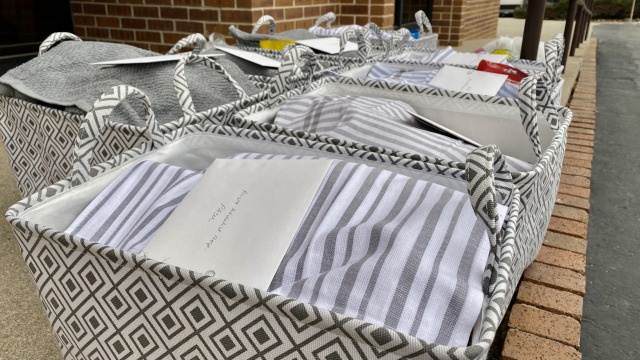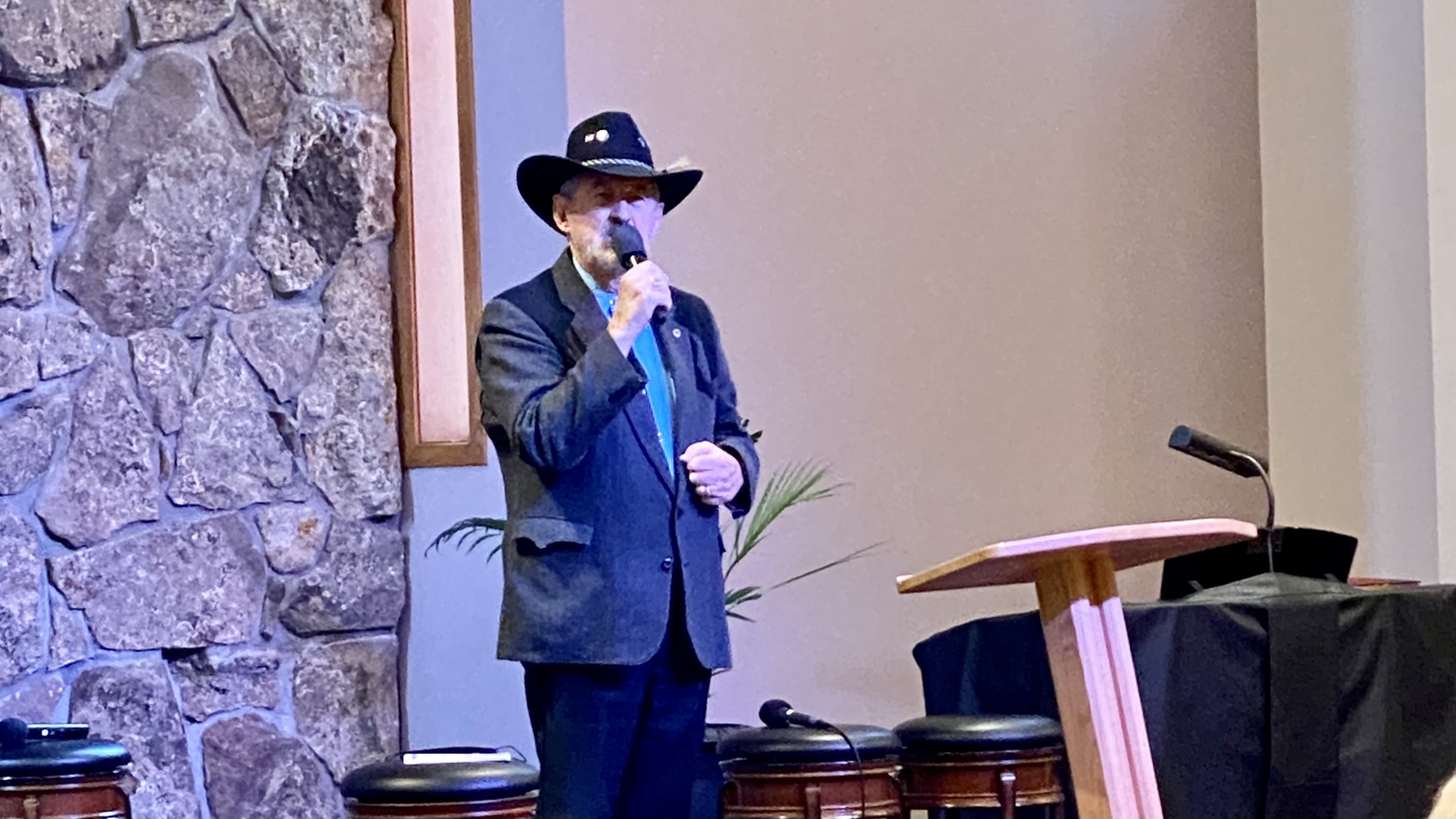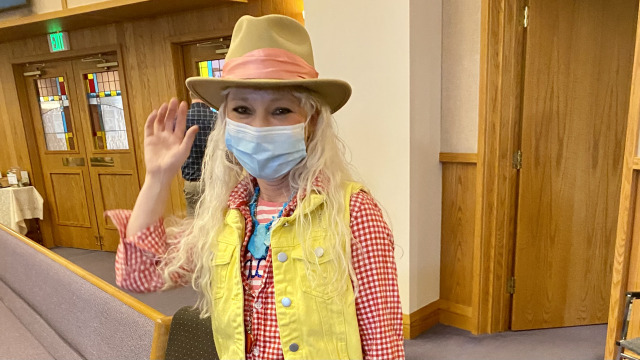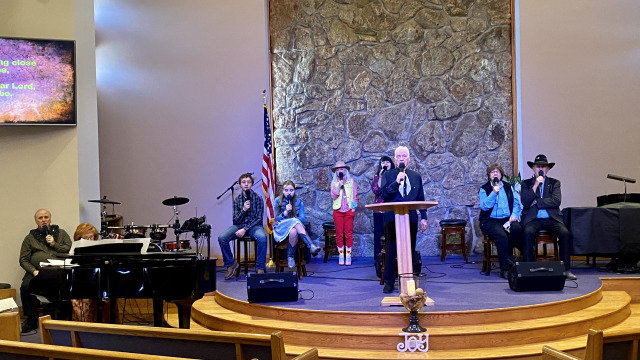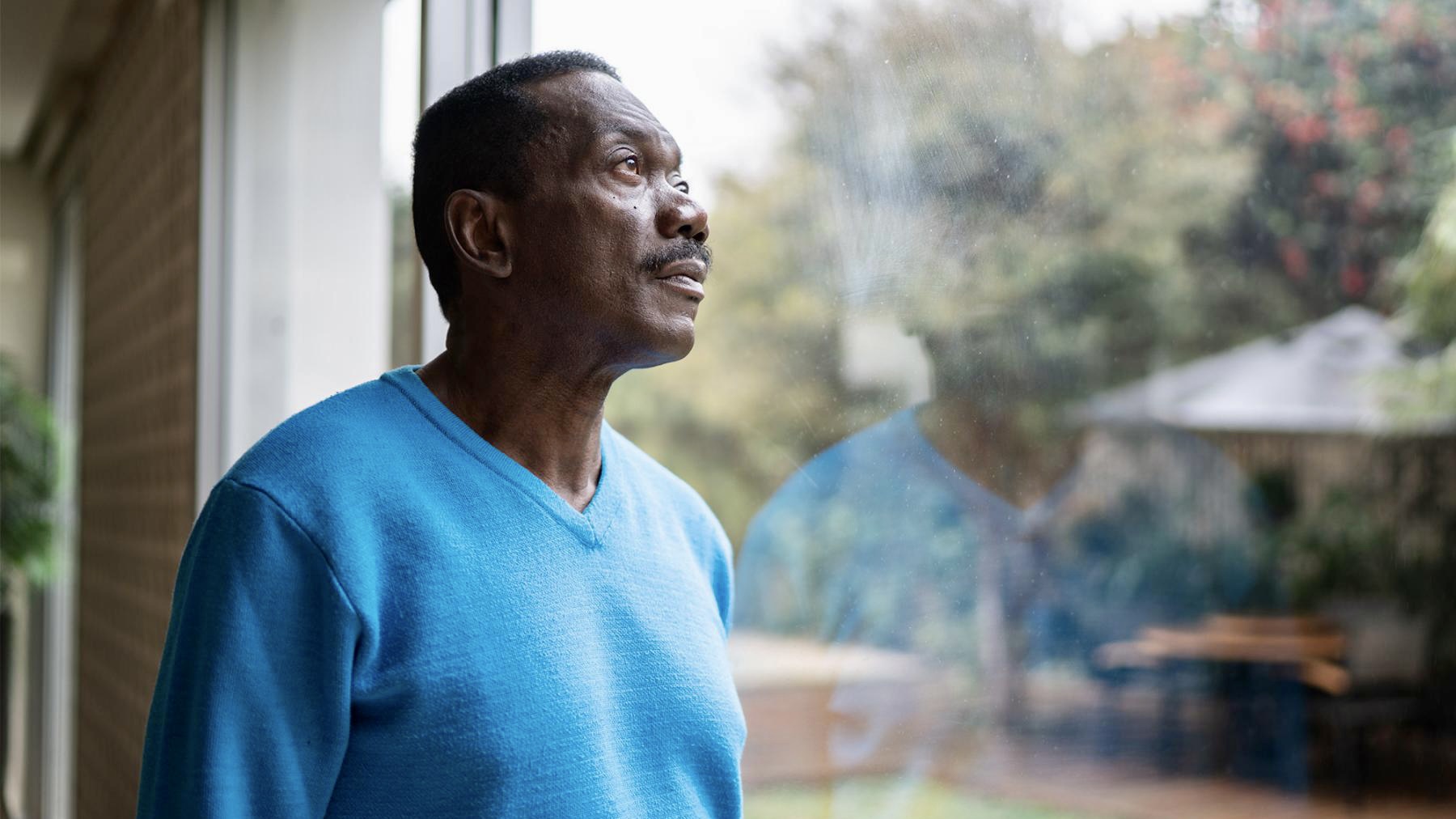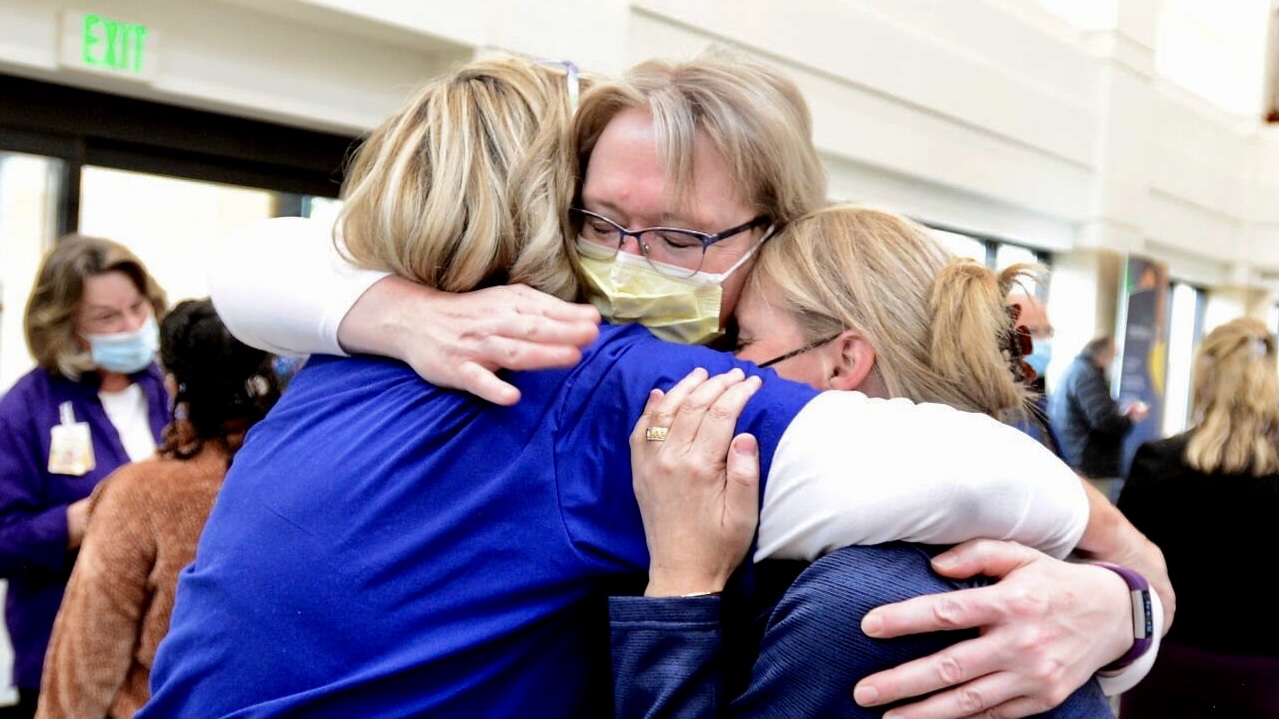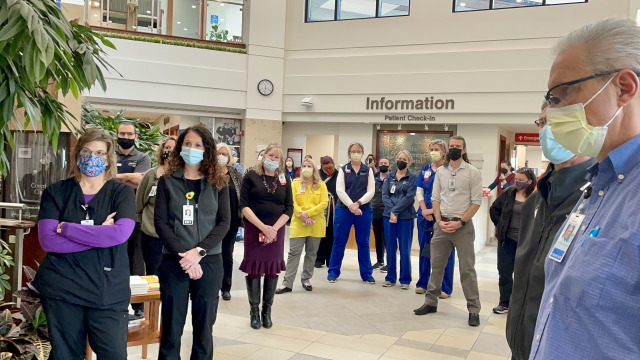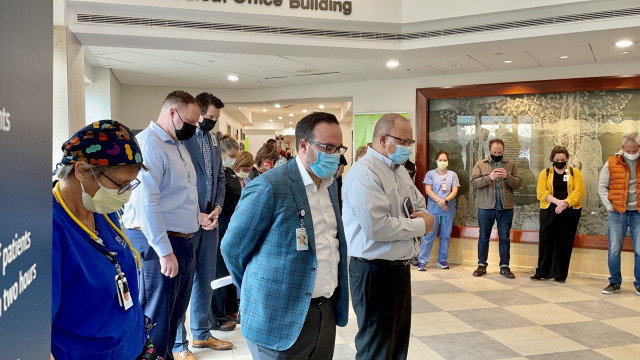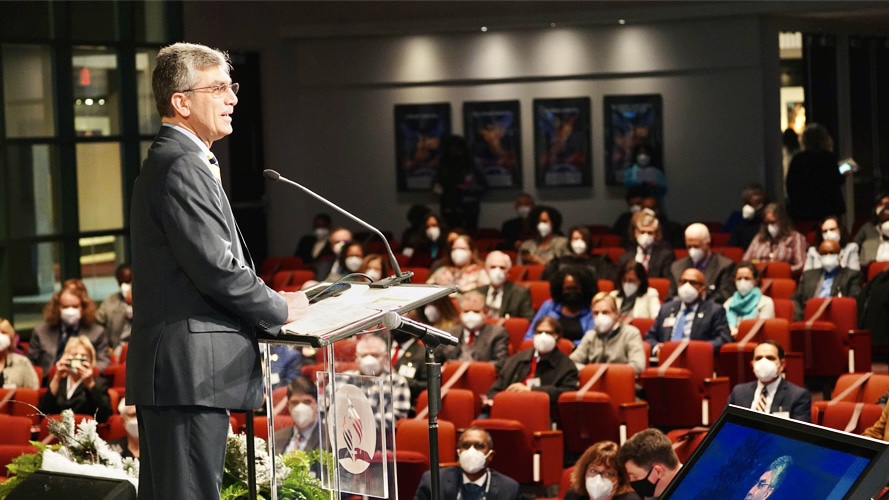By Tim Arnott, M.D. — Can we slow the aging process? Is that even scientific? After six years of study by the Centers for Disease Control and Prevention, three behaviors exerted an enormous impact on mortality–not currently smoking, consuming a healthier diet (more plant-based), and moderately exercising at least 21 minutes a day. People with one of these three behaviors had a 40 percent lower risk of dying within the six-year period. Those with two out of three cut their risk of death by more than half. Those doing all three reduced their chances of dying by 82 percent. This study measured how much Vitamin C subjects had in their bloodstream. Vitamin C level is considered a good indicator of plant-food intake and was used as a marker for a healthy diet. The drop in mortality risk among those with the three healthier habits was equivalent to being 14 years younger! In other words, you could turn back the clock 14 years just by not smoking, walking 20 minutes a day, and having the highest intake of fruits and vegetables.
Why are fruits and vegetables protective against aging? The mitochondrial theory of aging suggests free radical (i.e., cellular exhaust) damage to our cells’ power source (i.e., mitochondria) leads to loss of cell energy production and deteriorating cell function over time. According to the theory, the resulting cellular injury causes aging. Aging and disease are thought of as the result of oxidation injury to the body. Not adequately neutralizing free radical exhaust is believed to cause wrinkles, to reduce memory, and age organ systems, causing these to break down as we get older. Thus, the free radical exhaust theory concludes that we’re rusting out.
Fortunately, there is hope. Eating antioxidant-rich foods will slow down this oxidative process. Statistics support this assertion. Individuals with the highest antioxidant intake have the lowest risk of colon cancer, stomach cancer, congestive heart failure, and cardiovascular disease. Interestingly enough, on average, plant foods may contain 64 times more antioxidants than animal foods.[i] Thus, eating various fruits, vegetables, herbs, and spices each meal floods our body with antioxidant pigments helping to prevent stroke, heart attack, diabetes, and other age-related diseases.
Is there other anti-aging science that supports lifestyle changes? Yes, indeed. Eating more fruits and veggies and not smoking has been associated with longer protective telomeres, the caps on the tips of our chromosomes that prevent DNA from unraveling, just like the plastic tips on the ends of our shoelaces. Each time our cells divide, a bit of this cap is lost. Telomeres start shortening as soon as we’re born, and when they’re gone, we’re gone. The food we eat impacts how fast we lose our telomeres. For example, eating refined grains, soda, meat, and dairy has been linked to shortened telomeres. However, eating fruits, vegetables, and other antioxidant-rich plant food has been associated with longer telomeres and longer lives.
In addition to eating maximal amounts of fruit and vegetables, what other habits can lengthen our lives? Dr. Alex Lief, MD at Harvard Medical School, states, “Exercise is the closest thing we have to an anti-aging pill.” Regular physical activity is a way of life for virtually every person who has reached age 100 in sound condition. Exercise is powerful medicine. All would agree that smoking is not good; however, “Not exercising has the equivalent impact on your health as smoking one-and-one-half pack of cigarettes a day.”[ii]
Have any other single habits risen to the surface in the anti-aging literature? Yes! Beans and legumes may be “the most important…predictor of survival in older people” around the globe. Researchers looked at “five cohorts in Japan, Sweden, Greece, and Australia.” Of all the foods they looked at, only one was associated with a longer lifespan across the board–eating beans! Whether it was the Japanese eating soy, Swedes eating “brown beans and peas,” or those in the Mediterranean eating “lentils, chickpeas, and white beans,” only for eating beans were the results of this study credible, consistent, and statistically significant for all the populations combined. The study showed an “8% reduction in risk of death for every 20 gram increases in daily legumes intake.” That’s just two tablespoons’ worth! So, if a can of beans is 250 grams, and you get 8% lower mortality for every 20 grams, you can see just how powerful eating beans could be.[iii]
So, other than the anti-aging power of antioxidant-rich plant foods, eating beans, non-smoking, and exercise, what other anti-aging science is out there? Enter TOR. Target of rapamycin (TOR) is a cellular enzyme that controls cell growth and metabolism in response to nutrients, growth factors, cell energy, and stress. TOR, initially discovered in yeast, has been found in all plants, worms, flies, and mammals. The discovery of TOR led to fundamental changes in how we think about cell growth. It is not a spontaneous process that happens when nutrients are available, but rather a highly-regulated, flexible process controlled by TOR-dependent chemical pathways. Thus, TOR plays a crucial role in human growth, development, and aging, and has been implicated in diseases like cancer, heart attack, stroke, obesity, and diabetes.[iv]
How can lifestyle habits positively affect TOR? The TOR chemistry needs to be downsized or downregulated to slow the aging process. How can that be accomplished? Eating fewer calories can do it. That’s not always quickly done, however. Fortunately, a breakthrough came when scientists discovered that the benefits of dietary restriction may come not from the restriction of calories, but from the restriction of protein intake.[v] If we look at “the first comprehensive comparative meta-analysis of [dietary restriction] … the proportion of protein intake was more important for life extension than the degree of calorie restriction.”[vi] In other words, in order to reduce TOR and slow aging, just reducing protein, “without any changes in calorie level, has been shown to have similar effects as caloric restriction.”[vii] That’s good news, because “protein restriction is much less difficult to maintain than (calorie) restriction, and may be more powerful,”. Why? Because restricting protein suppresses both TOR and insulin-like growth factor one (IGF-1)–two chemical pathways that accelerate aging, and also is thought to be responsible for the “longevity and health benefits” of reducing calories.[viii]
Are all proteins created equal when it comes to anti-aging? No, some proteins are worse than others. One amino acid in particular, leucine, exerts “the greatest effect” on TOR.[ix] In fact, just cutting down on leucine may be “nearly as effective” as cutting down on all protein.[x] So, where is leucine found? It is predominantly found in animal foods: eggs, dairy, and meat, including chicken and fish, whereas plant foods, such as fruits, vegetables, grains, and beans, have much less.[xi] “In general, lower leucine levels are only reached by restriction of animal proteins.” To reach the leucine intake provided by dairy or meat, you’d have to eat nine pounds of cabbage—that’s four big heads—or 100 apples. “These calculations exemplify the extreme differences in leucine amounts provided by [a more standard diet] in comparison to a [plant-based] diet.” [xii]
So, reducing animal protein is key to improving longevity. This may also help explain the longevity of long-lived populations like the Okinawa Japanese, who have half our mortality rate.[xiii] The traditional Okinawan diet was less than 10% protein and had practically no cholesterol because they ate almost entirely whole plant food, over 96%. Only one percent of their diet was fish, meat, eggs, and dairy-less than one percent—the equivalent of one serving of meat a month, one egg every two months.[xiv] Their longevity is surpassed only by vegetarian Adventists in Loma Linda, California, “giving (vegetarian Adventists) perhaps the highest life expectancy of any formerly described population in history.”[xv] Now, we may be a little closer to answering the mystery as to why populations eating plant-based diets live the longest.
In summary, daily physical exercise and plant proteins, with their reduced leucine, downregulate two major drivers of aging, TOR and insulin-like growth factor one (IGF-1). All the above science simply endorses the following words, “Look! I have given you every seed-bearing plant throughout the earth and all the fruit trees for your food”[xvi], “you shall eat the herb (vegetables) of the field”[xvii], and “by the sweat of your brow will you have food to eat until you return to the ground from which you were made.[xviii] Truly, the Author of Scripture is the Author of science!
To make the journey of adopting a healthy lifestyle as painless and enjoyable as possible, Rocky Mountain Lifestyle Center is here for you. Call (303) 282-3676 any time to schedule a free discovery conversation with our physician who is board-certified in family medicine and lifestyle medicine.
— Tim Arnott M.D. is a Board-Certified Lifestyle Medicine physician and is the medical director of Rocky Mountain Lifestyle Center; photo by Pexels
[i] Nutr J. 2010; 9: 3.
[ii] Indian J Plast Surg. 2008 Oct; 41(Suppl): S130–S133.
[iii] Asia Pac J Clin Nutr. 2004;13(2):217-20.
[iv] Transplant Proc. 2008 Dec;40(10 Suppl):S5-8.
[v] Biochem J. 2013 Jan 1;449(1):1-10.
[vi] Aging Cell. 2012 Jun;11(3):401-9.
[vii] Aging (Albany NY). 2009 Oct; 1(10): 875–880.
[viii] Science. 2010 Apr 16;328(5976):321-6.
[ix] Semin Cell Dev Biol. 2012 Aug;23(6):621-5.
[x] Trends Cell Biol. 2009 Jun;19(6):260-7.
[xi] https://nutritionfacts.org/video/caloric-restriction-vs-animal-protein-restriction/
[xii] World J Diabetes. 2012 Mar 15;3(3):38-53.
[xiii] Immun Ageing. 2012 Apr 23;9:9.
[xiv] J Am Coll Nutr. 2009 Aug;28 Suppl:500S-516S.
[xv] Arch Intern Med. 2001 Jul 9;161(13):1645-52.
[xvi] Genesis 1:29. Holy Bible, New Living Translation, ©2015 by Tyndale House Publishers.
[xvii] Genesis 3:18. The Holy Bible, New King James Version, © 1982 by Thomas Nelson, Inc: Nashville, TN.
[xviii] Genesis 3:19. Holy Bible, New Living Translation, ©2015 by Tyndale House Publishers.


